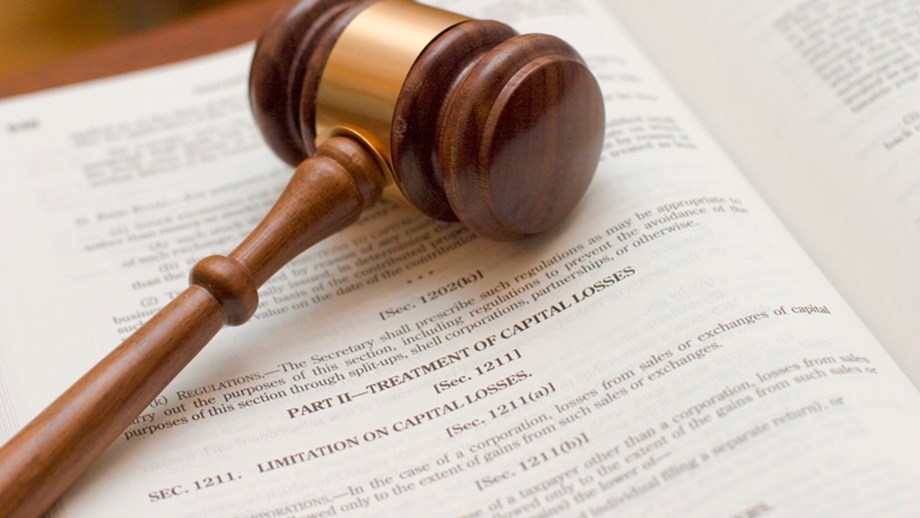









There is currently a Bill before Parliament to ban conversion therapy. It has passed its second reading, and only seven Members voted against it: Simon Bridges, Simeon Brown, Melissa Lee, Simon O’Connor, Shane Reti, Louise Upston, and Michael Woodhouse. They are all members of the National Party. That party allowed its members to vote according to conscience, rather than voting as a block. I do not know if any members of other parties would have voted against this Bill, had they been given the choice. They did the right thing, and I today am writing to them to thank them, and to encourage them in their stand. That letter (which I will send to them) is shared here.
No, I don’t want to see gay people coerced into torturous therapy, or indeed any therapy against their will (like anyone else). Who does? This Bill, however, would do far more than ban such treatment, which is already illegal. Conversion therapy, according to the Bill, is:
Any practice, sustained effort, or treatment that—
(a) is directed towards an individual because of the individual’s sexual orientation, gender identity, or gender expression; and
(b) is done with the intention of changing or suppressing the individual’s sexual orientation, gender identity, or gender expression.
So, why don’t I want to see a new Bill that bans this passed into law? Read on. My letter to these seven member of Parliament follows.
Read More









